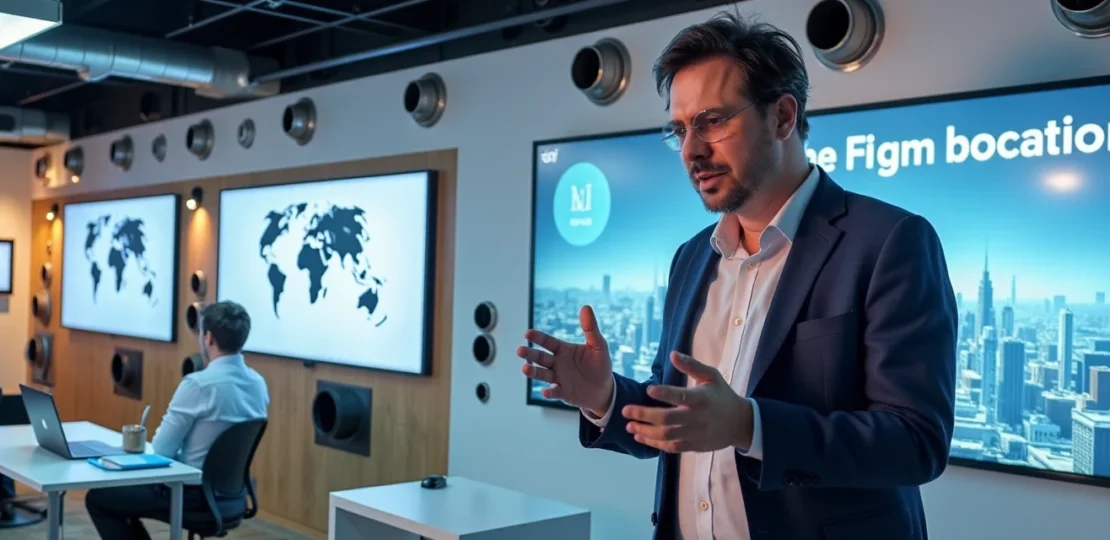The day Brazil woke up to AI: From Senate dilemmas to transformations in healthcare
December 19, 2024 | by Matos AI

Today was an intense day for Artificial Intelligence in Brazil. As someone who has closely followed technological developments in the country for over two decades, I can say that I have rarely seen so much relevant news about AI concentrated in 24 hours. Let's analyze the main events and their implications for our future.
The Senate and Facial Recognition: A Necessary Warning
The news that caught the most attention was the Senate purchase of Clearview AI license, a facial recognition software that raises serious privacy concerns. As someone who actively participated in the discussions on the Legal Framework for Startups in Brazil, I am concerned about the use of technologies that may conflict with the LGPD.
Join my WhatsApp groups! Daily updates with the most relevant news in the AI world and a vibrant community!
- AI for Business: focused on business and strategy.
- AI Builders: with a more technical and hands-on approach.
The Gap Between Desire and Reality in Business
Another key point revealed today was the Meta study with the Dom Cabral Foundation showing that 95% of Brazilian companies consider AI a priority, but only 14% have clear goals for its implementation. In my experience leading corporate innovation projects, this gap between intention and execution is a recurring challenge.
AI Legal Framework: A Fundamental Step
Approval of the AI Legal Framework by the Senate is a historic moment. As someone who participated in the construction of public policies for innovation, I can say that this is a fundamental step towards balancing innovation and the protection of rights.
Practical Impacts of AI
A specific case that deserves to be highlighted is the AI implementation in chest X-rays, reducing analysis time by 90%. This is the true revolution I advocate: technology generating direct social impact.
The Market Moves
You Barclays analysts predict 2025 will be the year of AI monetization. As an investor and startup mentor, I see a promising scenario for companies that know how to take advantage of this moment.
Reflections and Next Steps
The current moment demands a delicate balance between innovation and responsibility. We need to move forward with AI, but without compromising fundamental rights. In my experience coordinating innovation programs, I have seen that success lies in building bridges between different sectors of society.
We urgently need:
- Strengthening AI education to reduce the implementation gap in companies
- Ensuring that regulations such as the AI Framework are effectively implemented
- Encourage use cases that bring tangible benefits to society
- Promote ethical discussions about the use of technology
Brazil is at a decisive moment in the adoption of AI. As I always say in my lectures: we cannot fall behind in this technological revolution, but we need to move forward with responsibility and purpose.
✨Did you like it? You can sign up to receive 10K Digital's newsletters in your email, curated by me, with the best content about AI and business.
➡️ Join the 10K Community here
RELATED POSTS
View all



